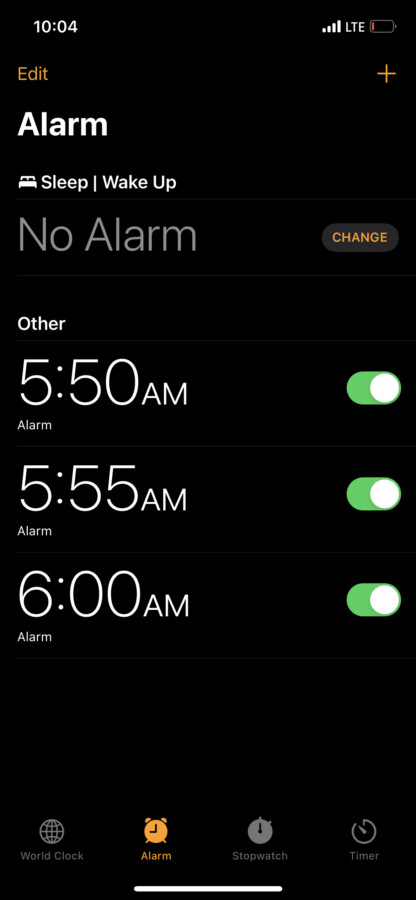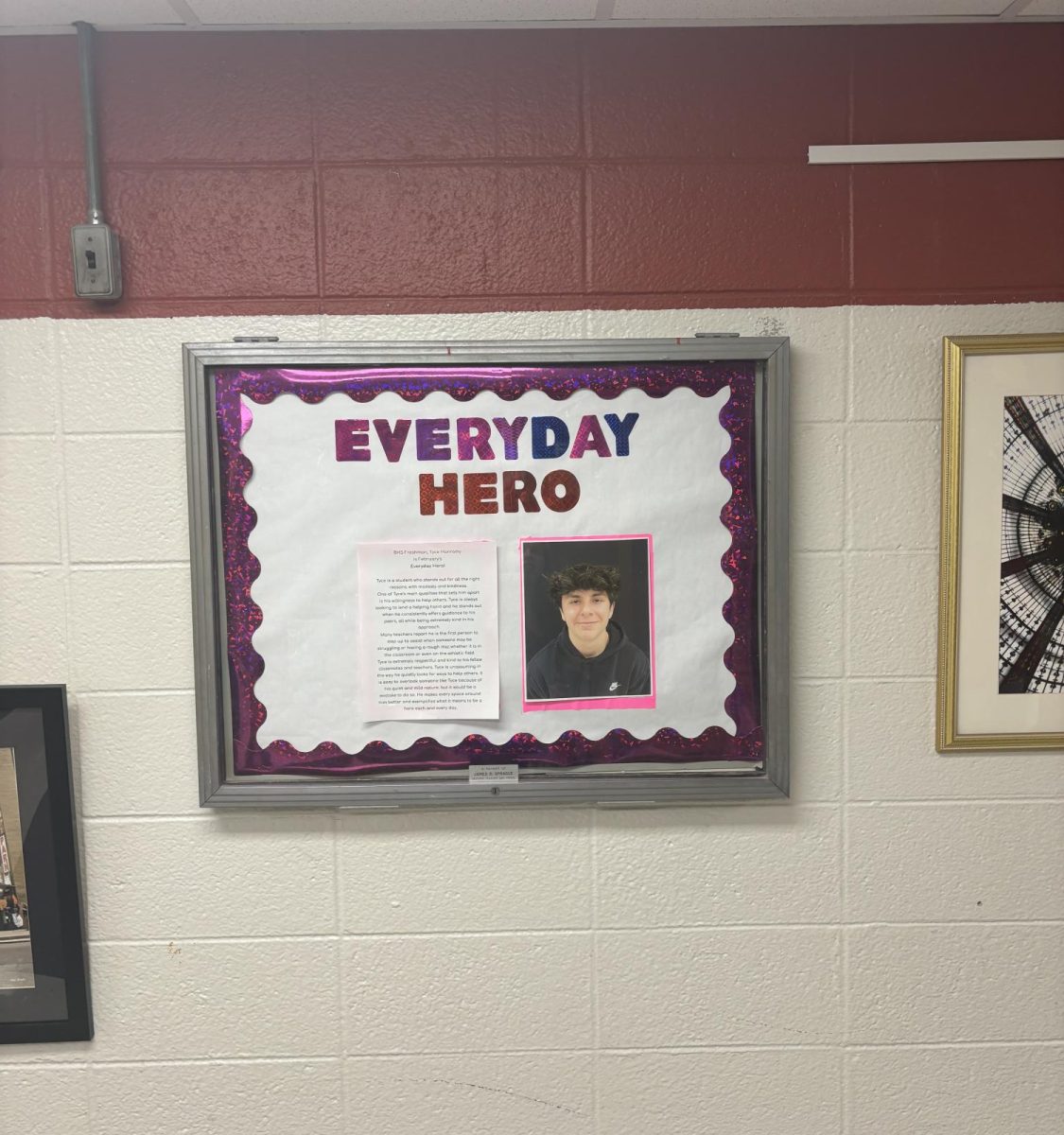Getting extremely poor nights of sleep have become an iconic part of the highschool experience. The amount of homework to be completed, extracurriculars, sports, and jobs all occupy an exceptional amount of time for students across the nation. As a result, bedtimes are frequently pushed back to daring hours. For some students, a full night’s rest is considered a privilege. Nevertheless, all are forced to awake at a devastating time in order to get to school, leaving students even more sleep deprived. According to a 2015 study conducted by the Journal of Clinical Sleep Medicine, it was estimated that over 72% of high school students do not get enough sleep on school nights.
The sleep deprivation epidemic has been recognized by The American Academy of Sleep Medicine and Pediatrics, suggesting that “teenagers aged 13 to 18 years should regularly sleep 8 to 10 hours a day for good health.” These recommendations have caught the attention of NJ state officials, who began taking legislative actions reflecting these findings.
Bill A3816, proposed in a 2022-2023 NJ legislative session, stated that districts “shall begin regular instruction for high school students no earlier than 8:30 AM local New Jersey time.” Pushing back the first bell gives students a much needed block of extra time to sleep in the morning, ensuring that their brains are ready to learn come the first period of the school day. In theory, a bill like this should be favorable to high schoolers. Studies show that lack of sleep is closely linked to the formation of anxiety and depression, as well as poor academic performance. Not getting enough sleep increases the likelihood of several health risks including being overweight, drinking alcohol, smoking tobacco, and using drugs, as well as poor academic performance.
Although these efforts attempt to combat tiredness and look out for the well being of students, legislative actions are actually ridiculed by students themselves. Out of 30 BHS students who were questioned on the matter, 29 preferred to keep things the way they are.
The one student who received the proposal favorably, Jake Dolanzo, claimed his answer was just a matter of preference, “personally, I just hate waking up earlier than I have to,” he said. Many others strongly disagreed, however.
“It’s a terrible idea. It would completely ruin my schedule, and between school, sports, and work, I need the extra time in the later half of the day to get homework done,” said sophomore Garrett Senior. Other students agree with Senior’s sentiment, such as Kayla Davi. “The real problem arises when schools push back ending times. That extra few minutes in the morning would be nice, but that would cause the entire rest of my day to be pushed back as well. I’d end up getting to bed at a much later time, which is even worse than waking up earlier in my opinion.”
Pushing the school days back doesn’t seem to be the most practical solution aimed at correcting unhealthy sleep habits of teenagers. Just as Davi mentioned, everything would simply be moved back to a later time. Bill A3816 would just affect the hours at which students would be getting their small amounts of sleep, and wouldn’t improve time spent sleeping itself.








